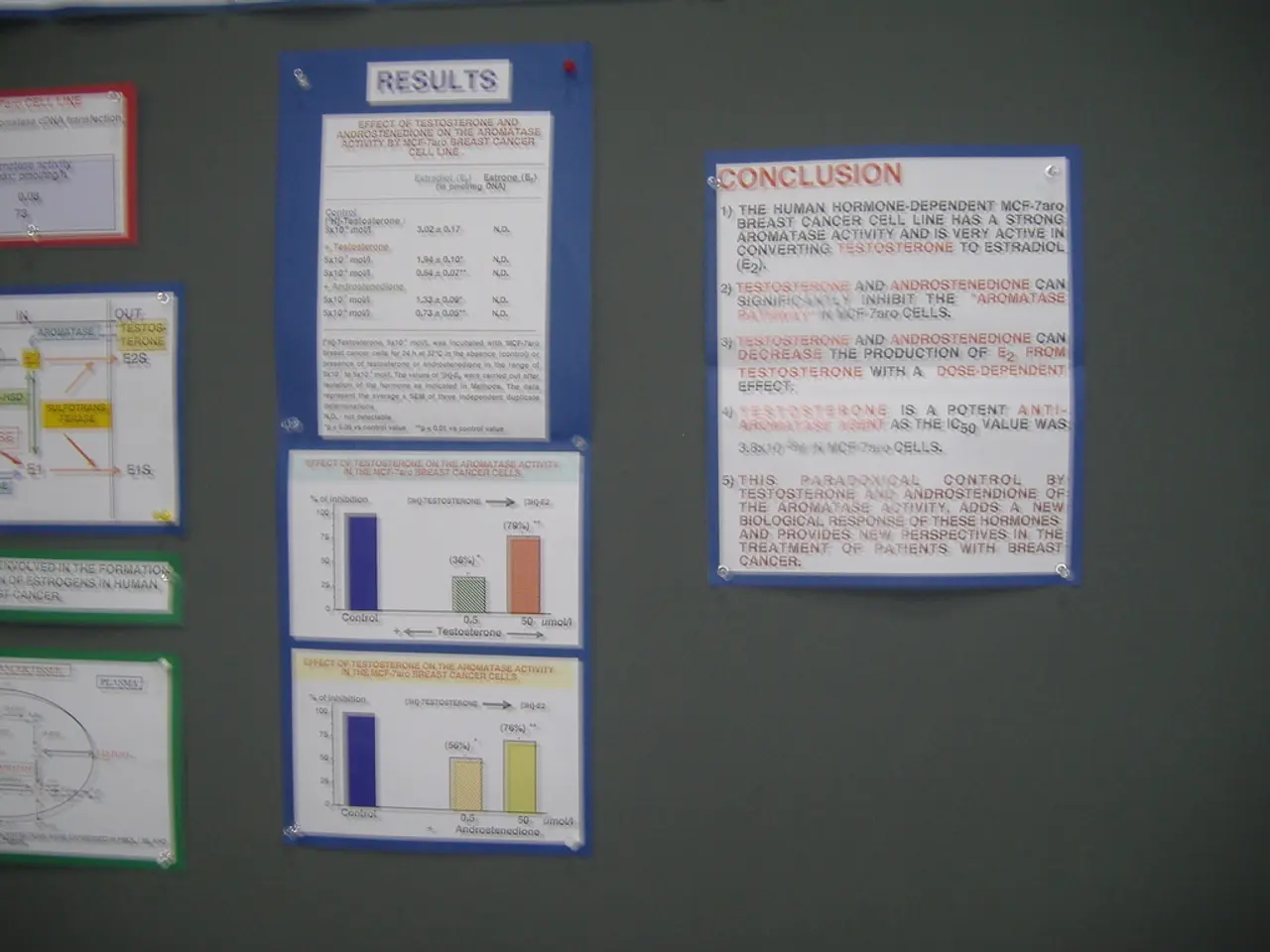Here are five key points that highlight the favorable response of recruiters towards applications:
In the competitive world of job applications, standing out from the crowd is essential. Lena Ludwig, a career expert at job portal Stepstone, offers valuable insights into crafting an effective application.
First and foremost, a CV is usually a requirement in a job application. However, Ludwig advises that relevant references can be helpful but are not usually decisive. A clear, well-organized application with a good structure and correct spelling often makes a better impression than a graphically demanding one.
When it comes to cover letters, Ludwig suggests that they should ideally be short, specific, and tailored to the job if it is explicitly requested. A survey by Stepstone among nearly 700 recruiters supports this advice, with only about a third considering the cover letter decisive in a job application. Yet, when a cover letter is explicitly requested, it can be useful, according to the same survey.
Recruiters primarily focus on several key areas when evaluating a job application. Skills and experience are paramount, with recruiters assessing both hard (technical) skills and soft skills. They look at the candidate’s relevant professional experience and past accomplishments to judge fit and potential success in the role.
Beyond skills, recruiters evaluate whether a candidate aligns with the company’s mission, values, and work style. This cultural fit is considered vital for long-term success and integration within the team. Recruiters also want to see if candidates are adaptable, curious, and eager to learn, as growth potential is key.
Clear communication skills are crucial, with recruiters assessing this both through the application materials and during interviews. Depending on the role, recruiters may consider the candidate’s educational qualifications and specialized training, especially in fields requiring advanced education.
To get a well-rounded picture, recruiters may use a combination of interviews, behavioural questions, technical tests, role-specific assignments, and psychometric testing. These help gauge practical skills, problem-solving ability, interpersonal qualities, and alignment with company culture.
In summary, recruiters look beyond just qualifications—they evaluate a candidate’s holistic fit for the job, combining skills, experience, cultural alignment, learning potential, and communication abilities to identify the best match for both job performance and company environment.
Finally, Ludwig advises that job application videos play hardly any role in most positions and should only be used where they are explicitly expected or fit the industry. By following these guidelines, job seekers can increase their chances of making a positive impression and securing their dream job.
To make a strong impact in the competitive job market, consider including relevant references in your application alongside a well-structured CV. In addition, customize cover letters to specific jobs when they are requested, as they can be useful in demonstrating your suitability for the job and the company's lifestyle, particularly in business and finance careers where cultural fit and growth potential are key.




